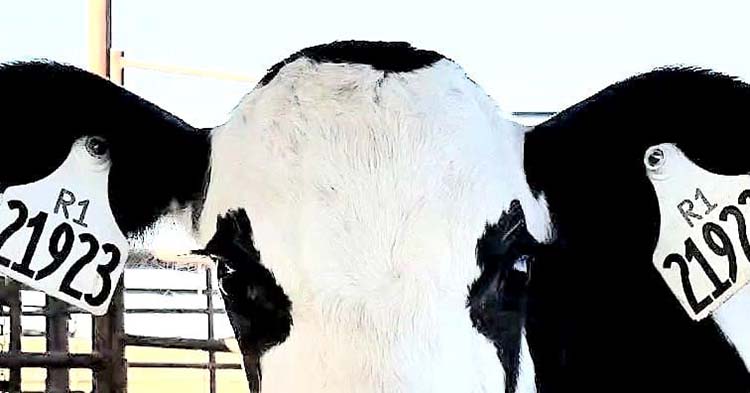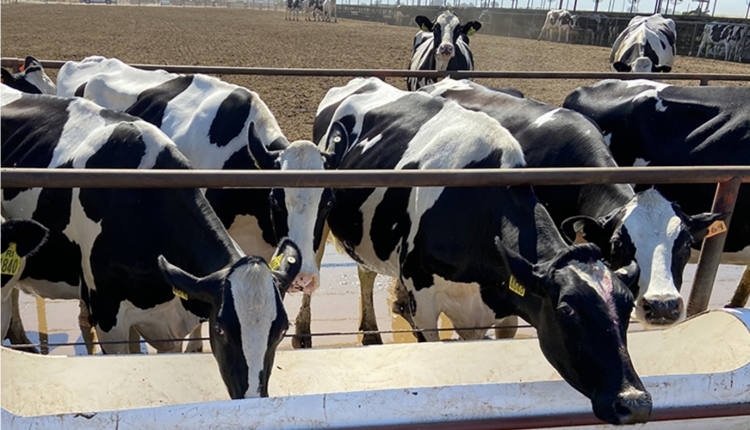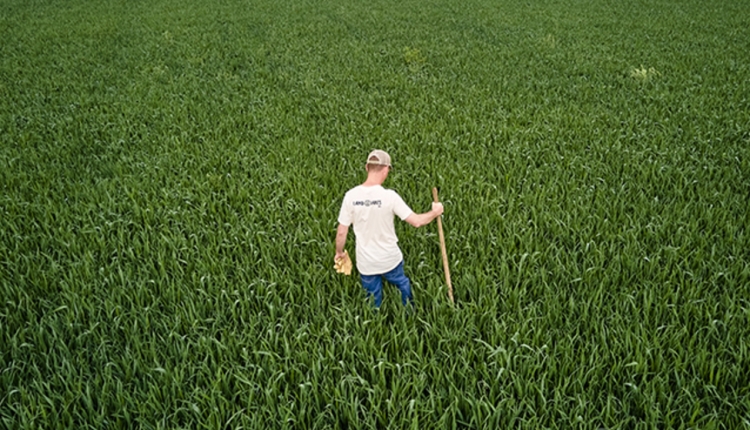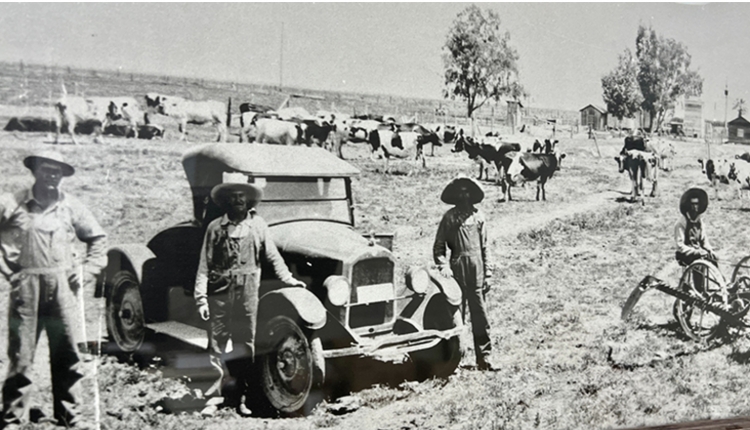
With the emergence of sexed semen and the ability to obtain more heifers per breeding, some have questioned its use. As the technology continues to improve, we as an industry have been able to adopt sexed semen into our breeding programs at higher rates than in previous years.
This is making more people ask the question, “Is sexed semen ruining the dairy industry?” or “Is sexed semen to blame for the low cattle price?” My answer is, “The straw didn’t jump out of the tank all by itself!”
Just like with any new technology, there is a learning curve. Sexed semen is not an exception. Before using a sexed semen bull, it is imperative that you start a sexed semen protocol based on replacement needs, average conception, and projected heifer calves to be born from conventional sources.
Many people neglected to calculate their needs and their personal statistics and started breeding with no regard to what would happen nine to 24 months down the road. This left them stuck with a surplus of heifers that have no place to go and no necessity to stay.
So, what does a sexed semen protocol look like? It’s different for everybody, but one thing is for certain: you will need to breed less animals using sexed semen. Many people have found that they have the best results using the sexed semen for their best genetic animals and breeding the rest to a beef breed.
Never in my lifetime would I have ever thought that I would see beef crosses being born on dairies, but it is easy to see that beef crosses have a much better selling price than any Holstein or Jersey bull. Beef crosses are not only helping pay bills, but they are also keeping herds milking without adding to their replacement heifer inventory.
*On a cautionary note: I have heard that some crosses are not as “calving ease” as people thought. In other words, take caution when choosing a bull for Jerseys and heifers.
By no means am I saying beef crosses are the answer to everyone’s problem, but if you are struggling with a surplus of replacement heifers, this may be an opportunity for you.

Tyler Ribeiro is a fourth-generation dairy farmer born and raised in California. He is currently partners with his father at Rib-Arrow Dairy in Tulare where they proudly ship their milk to Land O’Lakes. Tyler is actively involved in the dairy industry, holding leadership roles in various organizations locally and across the United States.








